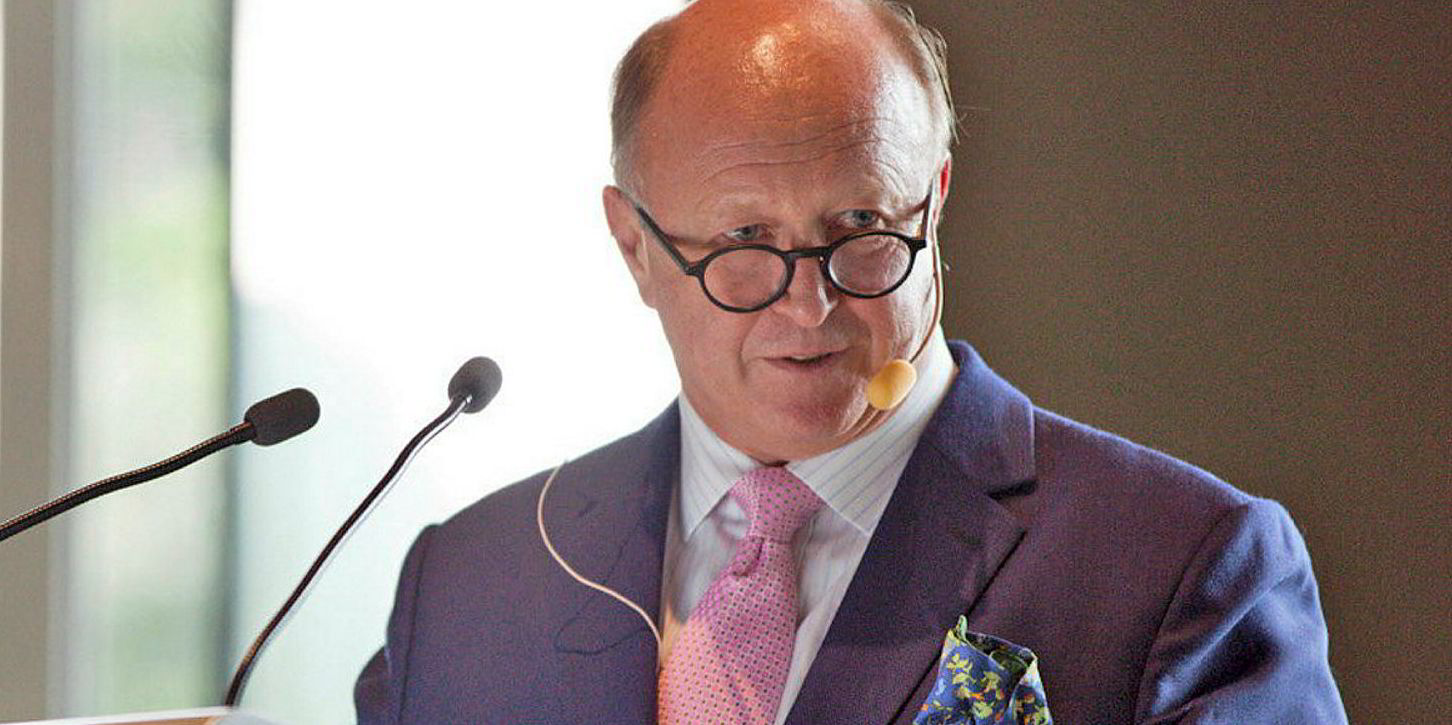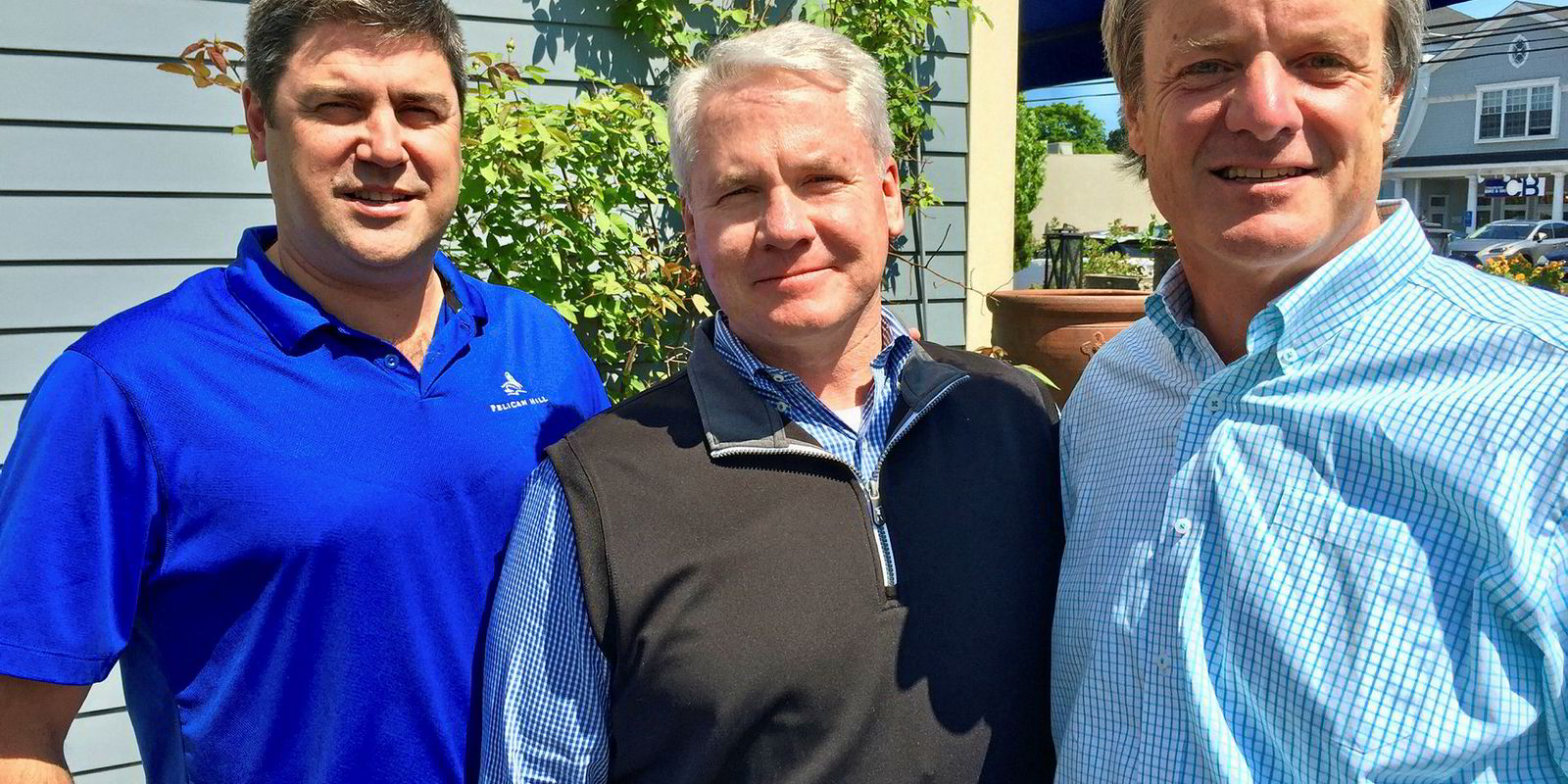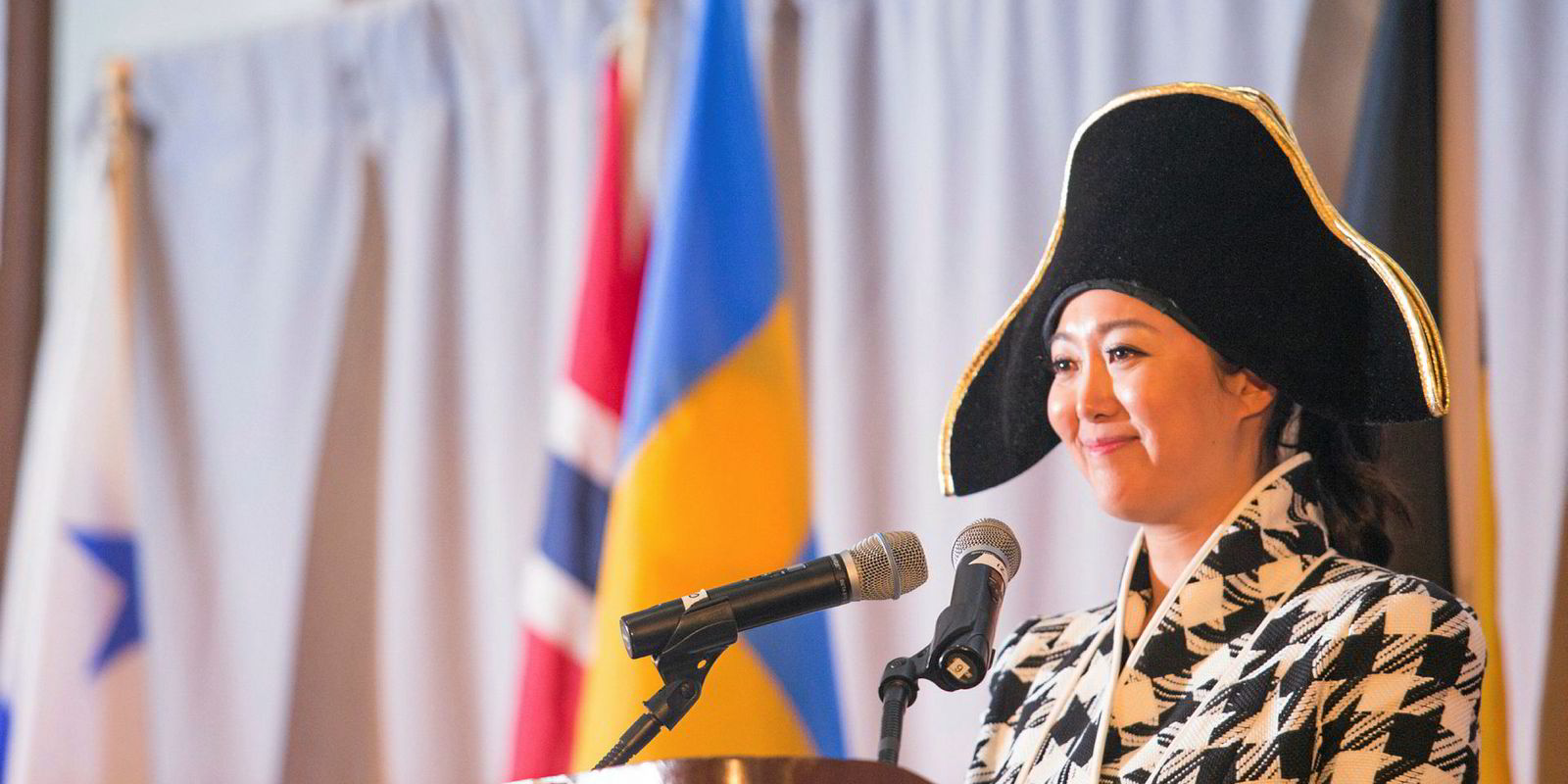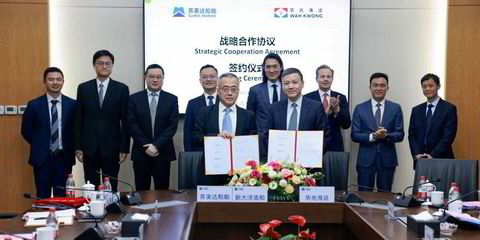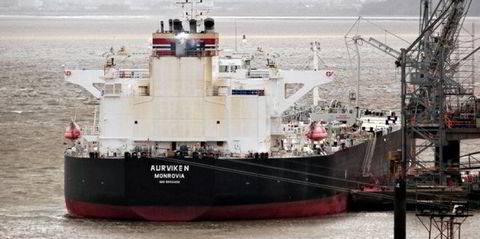Wah Kwong Maritime Transport is looking to use its shipmanagement business strategically as a springboard to making equity investments, says chief executive David Palmer.
“We are not expanding in third-party management to compete with the likes of V.Ships,” says Palmer, who joined the conservative, family-owned shipowner a month ago.
Rather, the Hong Kong time charter-oriented owner is looking for clients that need both shipmanagement expertise and commercial connections from a company that moves easily between the Chinese and international business and shipping cultures.
Palmer, who had been Singapore chief executive of Pareto Securities, is settling into his new role.
Wah Kwong had gone without a top executive from outside the Chao family since the 2016 departure of Tim Huxley. In the interim, it has been led by chairman Sabrina Chao, recently with the increasing support of one of her younger brothers, executive director Hing Chao.
Palmer took on his new job after 12 years running the Singapore offshore and shipping finance base that he set up for Pareto in 2006.
The veteran of Stolt-Nielsen’s US operations is well travelled in both the shipowning and ship finance world. He moved from the US to Singapore in 2002, where he headed the IMC Pan Asia Alliance for Tsao family-owned International Maritime Carriers (IMC) before his switch to investment banking.
At Pareto, his biggest deals included raising money and acquiring ships for the United Arab Chemical Carriers start-up in partnership with Credit Suisse. More recently, he was involved in the sale of Jaya Holdings’ offshore fleet to Mermaid Marine Australia in 2014 and last year’s sell-off of the 32-ship Swissco offshore fleet, now going through the courts.
Wah Kwong headhunted him back from investment banking into shipowning, rather than connecting with him through any transaction business with Pareto, Palmer says.
“I think I ticked a lot of boxes for them,” he says. “I had managed family companies and knew how to work with families.”
Separately, in an interview for Wah Kwong’s in-house magazine, he says: “Wah Kwong was innately appreciative of my grey hairs... and provides a well-rounded final leg to my 40-plus-year career in shipping.”
As a traditional tonnage supplier, Wah Kwong has long worked through strategic partnerships with co-investors, and using shipmanagement to explore investment opportunities is a strategy that precedes Palmer’s recruitment. But it will be stepped up on his watch.
Palmer mentions existing client Shandong Landbridge as an example of the kind of client that holds promise for future equity investments. “Landbridge is someone we want to grow with,” he says.
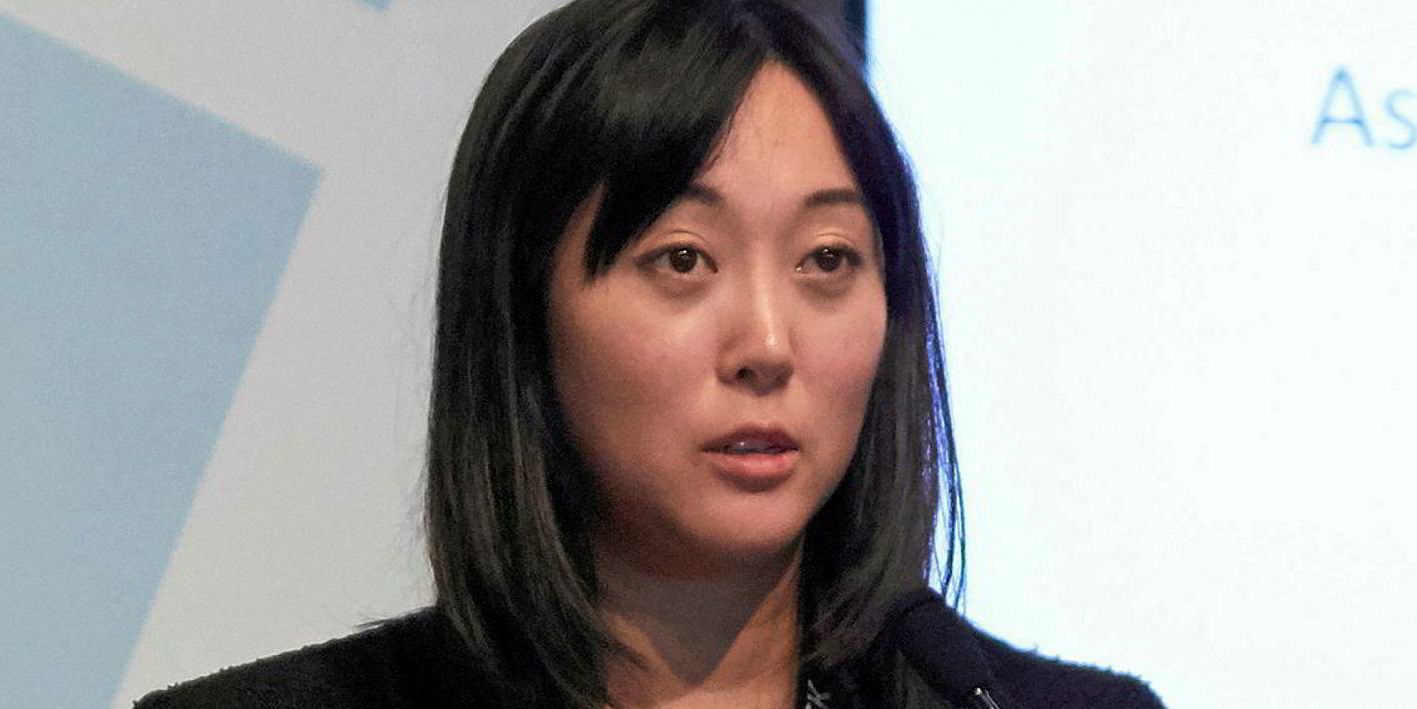
So far Wah Kwong does only technical management and newbuilding supervision for the privately owned company, which has three VLCCs on the water and three more on order.
Palmer also points to the growing directly owned fleets of some Chinese financial institutions, many of which have gone beyond bareboat charter finance leases to doing time charter business directly for cargo owners — something that aligns well with the business model of traditional Hong Kong tonnage suppliers.
He sees Wah Kwong as better qualified to develop such business than its Hong Kong peers, because it is the one that has remained most Chinese both in its crewing and its shoreside personnel.
Wah Kwong is “a Chinese owner based in Hong Kong with an international outlook”, as Palmer sees it, and he believes a competitive advantage lies in this distinction.
“Around 91% of our crew are Chinese,” he tells TradeWinds. “Some of the other Chinese owners of Hong Kong have become less Chinese over the years. We have good communications between the office and the ships because everyone is speaking the same language.”
He tells the company’s in-house magazine: “[It] is Wah Kwong’s ability to think like Chinese owners and operators which allows us to serve as a bridge between China and the world.”
Wah Kwong lists a fleet of 15 bulkers from handysize to capesize, plus four aframax tankers and two VLCCs, but Palmer says the dry-wet split is about 50-50 in terms of vessel values. The company is “relatively asset-agnostic”, but new equity investments, whether through partners or at shipyards, are likely to follow that pattern.
“That’s been our company policy to date. We see diversity as a hedge,” he explains.
“I think we are going to be targeting commodity bulk trades where there is liquidity in the secondhand market, so I don’t think you will see us going into any specialised tonnage segments.”
Seamless return
As for gas shipping, where Wah Kwong was active as an owner until recently, he says its position as manager of two VLGCs for Fortune Gas and five smaller ships for long-term partner Exmar provides a platform for a seamless return to equity investments there if a suitable opportunity arises.
But it is putting off direct renewals through newbuilding contracts until clarity emerges about how the industry will tackle the emissions question.
“Everybody is consumed with the S-word right now — scrubbers,” Palmer says. “It’s hard even to get a quote. It’s lost to me why we are supposed to be putting refineries on ships.”"
